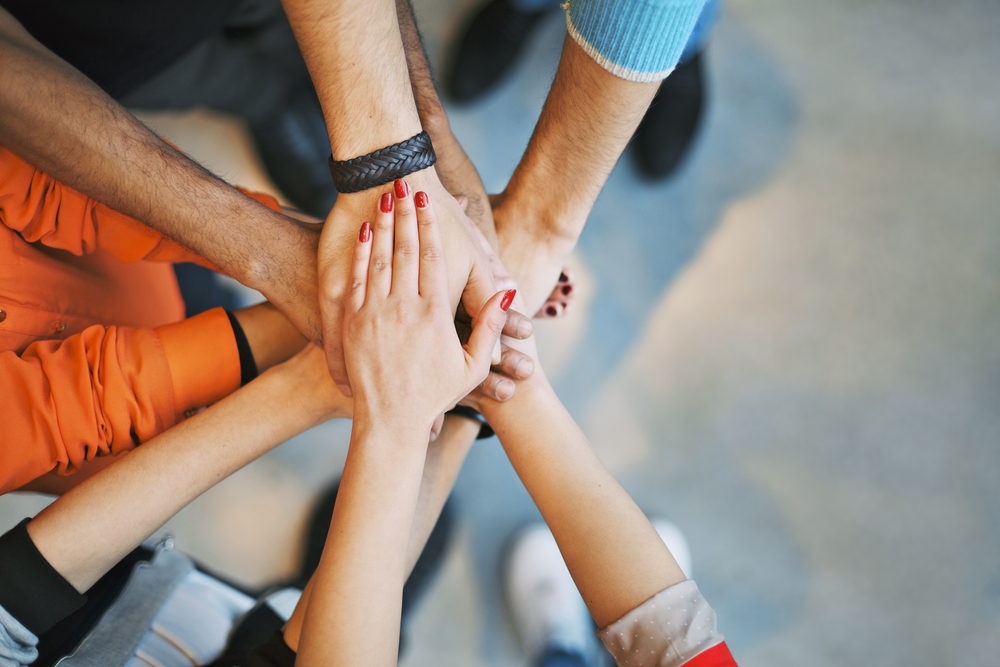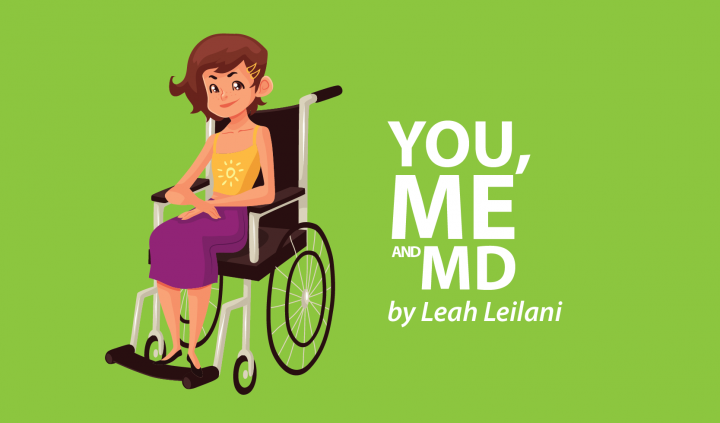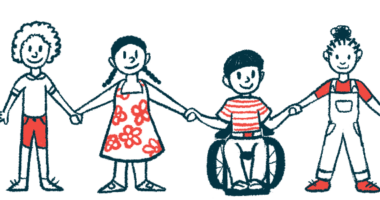Breaking the Stigma of Asking for Help

A lot of people think that asking for help is a piece of cake. A walk in the park. But I’ve learned, not only from experience but also from watching other people, that it’s not always that simple. Even now, after living with mitochondrial myopathy for 14 years, asking for help is something I still struggle with.
There seems to be a negative stigma around asking someone for their help. Some people feel it makes them look weak while others are afraid of burdening loved ones. Some individuals may be in denial and feel like another person’s assistance would take away their independence. The reason is different for everyone. Regardless, there is a stigma. A stigma that needs to be broken.
The first step to asking for help is making peace with the fact that you need it. This is usually the hardest part. It’s painful to know your body can no longer do the things it used to. I’ve witnessed family friends and even my grandparents deny medical help because they were afraid to admit that their health had declined. It’s sad to see people you care about suffer. I guess that’s how my parents have felt when I’ve been too stubborn to ask for their help. As a person with a chronic illness, I don’t always realize that I’m putting my health at risk by declining assistance.
Join our MD forums: an online community especially for patients with Muscular Atrophy.
Last Thanksgiving, my family and I went to my friend’s house for dinner. As everyone sat around the table, one of the women asked my mom and me about our lives with Mito. My mom started talking about her recent disease progression. Not long ago, my mother used crutches to help her walk long distances, but this left her feeling weak and tired. She soon realized that I — the one with the power wheelchair — was more mobile than she was.
She then mentioned how she has regained independence and mobility since buying her scooter. Soon, my friend’s grandmother chimed in. She began talking about her struggle to accomplish daily tasks due to poor health. Getting around with just her walker wasn’t cutting it anymore. We tried to get her to see that maybe a scooter was a better option and she burst into tears. She finally confessed that she was worried that people might stare at her.
Accepting help, whether it comes from a person or medical equipment, is not something to be ashamed of. I can’t remember a single instance that I regretted asking for someone’s help. Just take a few deep breaths, and use your voice. There’s nothing to be afraid of.
***
Note: Muscular Dystrophy News is strictly a news and information website about the disease. It does not provide medical advice, diagnosis or treatment. This content is not intended to be a substitute for professional medical advice, diagnosis, or treatment. Always seek the advice of your physician or another qualified health provider with any questions you may have regarding a medical condition. Never disregard professional medical advice or delay in seeking it because of something you have read on this website. The opinions expressed in this column are not those of Muscular Dystrophy News or its parent company, Bionews Services, and are intended to spark discussion about issues pertaining to muscular dystrophy.








Leave a comment
Fill in the required fields to post. Your email address will not be published.